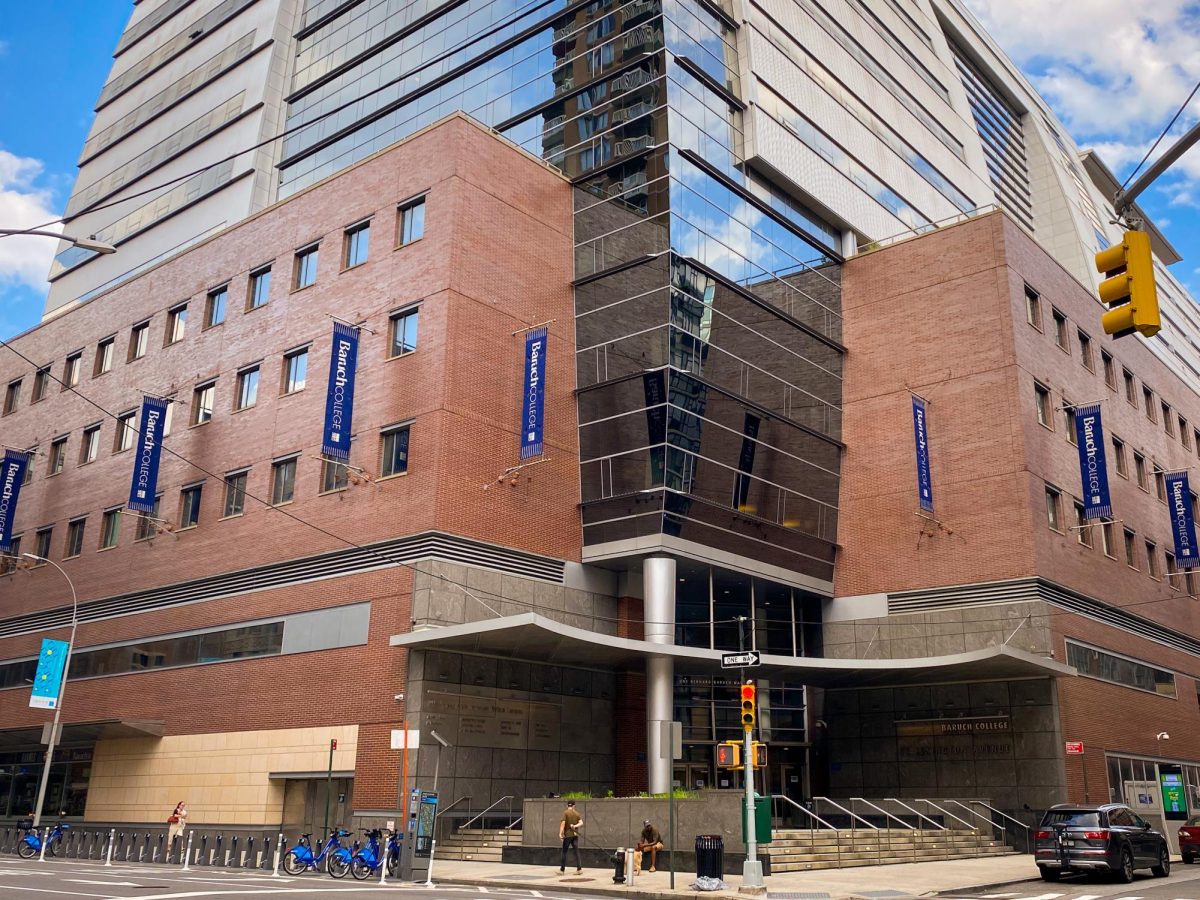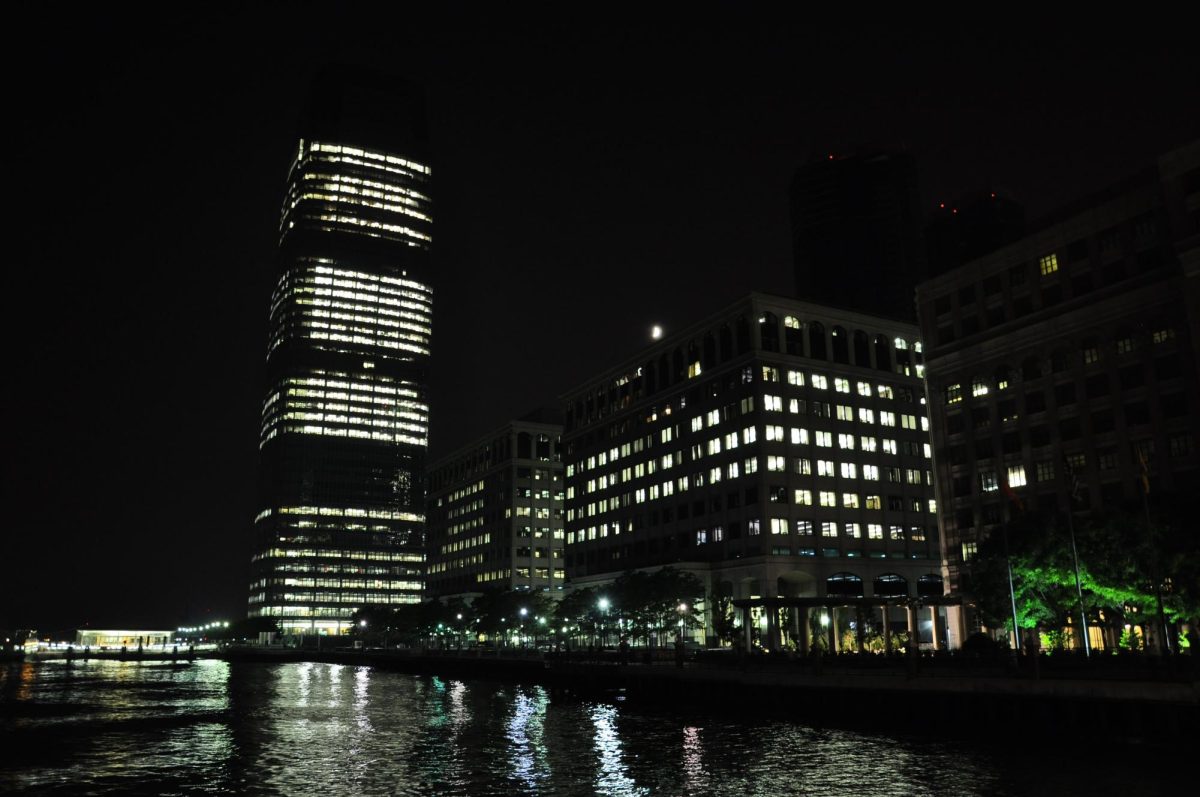As rent prices rise and real estate becomes scarcer in New York, co-working spaces have become increasingly popular.
WeWork, founded in 2010 by Adam Neumann and Miguel McKelvey, was launched with the idea of creating a co-working space that was not only eco-friendly, but provided an alternative working environment that could compete with the astronomical rise in commercial real estate in the New York City area.
What they had created then has led to a boom in the shared space commercial real estate industry, with over a 100 similar business being started over the past decade.
One company that has taken the charge is The Farm.
The Farm has stood out on its extremely low pricing, offering a lease on a Soho conference room for a full 24 hour period at a one time payment of $29.
This can be compared to their highest priced package: a 20-person private office space that comes out to being $15,000 per month. The Farm also offers benefit packages for those who become “Farm Members,” as they call it.
Perks range from high-end gym membership discounts and discount photography services, to exclusive online market forums and Amazon Web Services credits.
Another company that has been rising in the co-workspace market is Kettle Space.
Kettle Space operates on a membership service where individuals sign up first for a package deal, with a 7-day free trial, and then are offered a series of service plans after that.
The service plans start as low as $49 per month, offering 40 hours of access to all of their locations for a month, to $99 per month with unlimited access to all spaces.
Their niche in the market is that they offer unlimited guest visits with both packages, and the workspace sustenance of “bottomless coffee, tea and snacks.”
This could be considered a deal maker for many, as the lure of free food and stimulants is definitely an idea other companies are only beginning to consider.
From 2010 to 2019, commercial real estate in the downtown Manhattan area alone has increased by a median of 123%.
The co-working space market has found a niche in this market, allowing expensive spaces to be rented out and costs being split between its tenants, while still being able to have office space in Manhattan.
While the financial savings of a co-working space can be recognizable, there are those who have worked in them who have felt a big change in their work environment.
Thomas McCormack, an Acquisition Associate at the Community Development Trust, has seen his work environment change significantly since his company began using a co-working space with another company.
“The problem is that co-working spaces fit a much larger number of employees,” McCormack said, “and they do not install additional common facilities to keep up with the increased demand.”
Considering that the concept of coworking spaces is still new, there is still room for more improvement.







